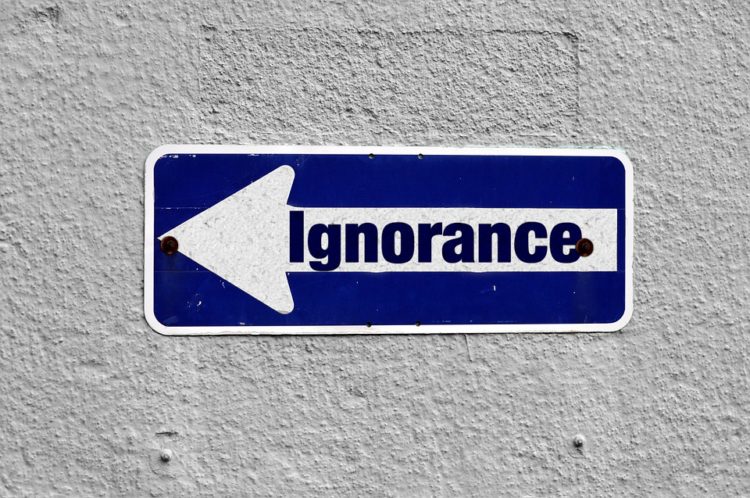Humans disappoint one another. We do it all the time. We disappoint when we don’t show up for someone’s big event. Or maybe we disappoint when we do show up at an intimate dinner party without an invitation. We disappoint each other by saying what we think or by not speaking up when we should. It’s tricky, this human experience of ours. So it’s no wonder we never run out of customer service disasters to talk about!
What expectations are you setting? If you don’t live up to them, you will disappoint a customer.
If you’d like a guide, here are some ways to disappoint any customer.
We call this the Sea Monkey Syndrome. Remember what expectations you had when you saw the cartoons of happy (and royal!) humanoid creatures dancing in a bowl? They wore crowns, had expressions, and even sported jewelry! And then…you received the dehydrated package of krill shrimp. They didn’t have faces you could see. They were boring. There was no way you could construct a crown small enough for them. Bummer.
The same thing happens with businesses of all types. We are promised things that simply don’t happen. That new phone won’t change your life if the battery doesn’t last long enough. That bathing suit won’t take off 10 pounds instantly. And yet we want to believe! How disappointing when reality strikes.
Isn’t it fun to be left in the dark? We really dislike not knowing what’s happening next. Humans are wonderful at filling in the blanks. If there is no communication, we can whip up a worst-case scenario faster than you can say Larry David.
Deciding NOT to communicate is deciding TO disappoint. So if the shipping is late or the product needs more time, communication is your best ally with customers. It’s difficult to over communicate when it comes to customer issues. Fill them in on whatever you know, even if you don’t know much, until you know more!

Very smart leaders often ignore the one-off complaints in favor of bigger sample sizes and hard core data.
There’s nothing wrong with weighing priorities based on data and numbers, but ignore complaints at your peril. The early complainers can guide product design and next steps, before there are bigger issues. I’ve witnessed many leaders decide the original whistleblowers are kooks unworthy of attention, just to have their same complaint snowball into a much bigger issue.
Understanding the steps in the journey can help avoid this situation. Take the time to hear customers each step of the way.

Check out this interview Neen James, global speaker and bestselling author! We exposed the difference between intentional and transactional attentions, and discussed how that difference is vital to your success in business and beyond. Listen in!
The bar is so low for meeting expectations. Customer-centric leaders should realize how these expectations weave into the experience overall, creating either delight or disappointment. This isn’t about wowing the customer every step of the way. This is about simply not disappointing them.
How about you? Do you remember the last time you disappointed a customer? How about suffering through a customer service disaster of your own? Or maybe you did construct crowns for your sea monkeys? We’d love to hear about it.
 Jeannie is an award-winning customer experience expert, international keynote speaker, and sought-after business coach who is trailblazing the movement from “Reactive Customer Service” to “Proactive Customer and Employee Experience.” More than 500,000 people have learned from her CX courses on LinkedIn Learning, and her insights have been featured in Forbes, The Chicago Tribune, The Wall Street Journal and NPR.
Get Jeannie’s insights in your inbox each week by subscribing to The Weekly Win and follow her on LinkedIn, Instagram and YouTube.
Jeannie is an award-winning customer experience expert, international keynote speaker, and sought-after business coach who is trailblazing the movement from “Reactive Customer Service” to “Proactive Customer and Employee Experience.” More than 500,000 people have learned from her CX courses on LinkedIn Learning, and her insights have been featured in Forbes, The Chicago Tribune, The Wall Street Journal and NPR.
Get Jeannie’s insights in your inbox each week by subscribing to The Weekly Win and follow her on LinkedIn, Instagram and YouTube.